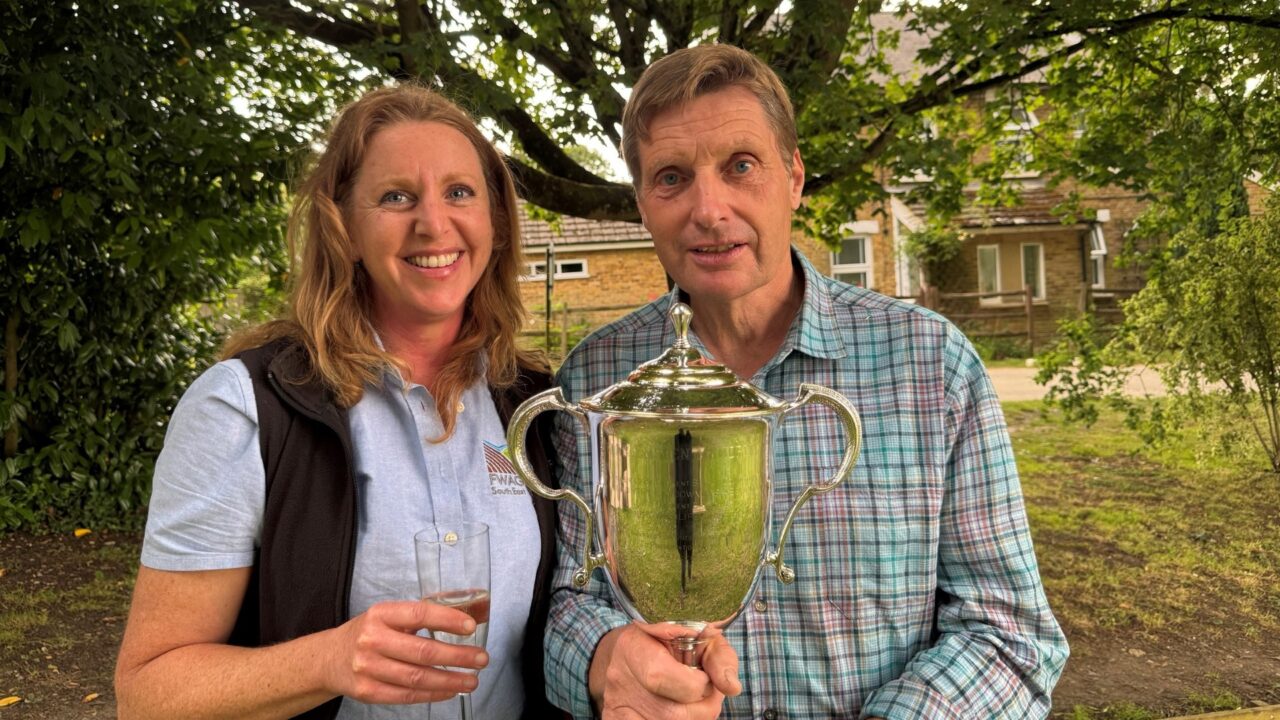
A Kent farmer who manages a 430-acre farm with an array of cereal crops, livestock, wild flowers and hedgerows has been awarded for his conservation work.
Neil Anderson, a livestock farmer near Sittingbourne, was awarded the Country Land and Business Association’s (CLA) Emsden Trophy.
His mixed farm is a 430-acre holding comprising a diverse array of cereal crops, wild flowers, margins, hedgerows and a suckler herd.
The CLA, which represents thousands of farmers, said Mr Anderson has nurtured the land through a focus on soil health and reduced chemical inputs.
Mr Anderson has also integrated pest management combined with provision of safe nesting, breeding and feeding sites for native wildlife.
On winning the award, the Kent farmer said: “I’m really pleased to receive this award, it’s great to be recognised for the conservation work.
“I have always felt that the environment comes first. A healthy environment should be central to supporting a healthy diet.”
His suckler herd are fed on a grass-based system and travel less than four miles to the local butcher.
The CLA said high animal welfare, a low carbon footprint and food rich in nutrients are important values for the farm.
He has also hosted several dung beetle workshops and bat walks, evidencing how natural cycles are thriving on his farm.
CLA South East regional director, Tim Bamford described Mr Anderson as a 'very worthy winner'.
“Farmers and landowners across the Garden of England are custodians of the landscape, as well as helping to feed the nation, and we’re proud to celebrate their work in this small way."
Mr Anderson was nominated for the award by the Kent Farming & Wildlife Advisory Group (FWAG), as his farm had a 'rich tapestry of life'.
Kent FWAG adviser Debbie Reynolds said: “His journey is a testament to the belief that true progress lies in working with nature, not against it.
“By embracing methods such as crop rotation, cover cropping, and managing soil health he has reduced reliance on chemical inputs and contributed to the resilience of the local environment.
“Neil shows us that sustainable farming is not just a hypothesis but a practical, achievable reality."
